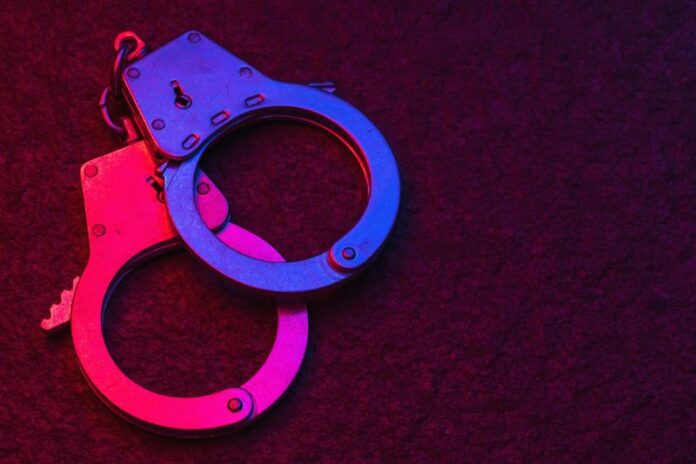Sir Walter Scott’s famous line about what a tangled web it is that we weave when first we practice to deceive was written in 1808, but the poet might as well have prophesied former President Donald Trump’s ill-fated one-night stand with Stormy Daniels when he wrote it.
The “affair,” let’s call it, was suffused with dishonesty at every stage, and it is that dishonesty that may soon result in the most famous mug shot in history.
The sexual liaison between the real estate mogul and the porn star occurred in Lake Tahoe, while Trump’s wife Melania was back home with their newborn son. Not a great start to the story for Trump. He had numerous conferences in 2015 and 2016 about how to keep that adulterous tryst and at least one other one hidden. When the public disclosure of the Access Hollywood tape threatened to torpedo his chances of winning the 2016 election just before the voting began and the additional risk that the revelation of his decidedly non-business meeting with Daniels would end his candidacy, Trump decided to pay Daniels $130,000 to silence her. His agreement to pay her came days before Election Day and falsified the names of the parties to the agreement in order to ensure that the arrangement remained concealed.
Trump’s hush money payment to Daniels was laundered through his trusted fixer, Michael Cohen. Trump personally repaid Cohen through a series of smaller checks, which added up to $130,000, falsely labeling the payments as being for “legal services.” Trump has repeatedly lied about the affair. He has also lied about knowing of Cohen’s payments — lies that have not held up well given the reimbursement checks to Cohen signed by him. Quite apart from all of this, it seems like a gratuitous insult to Ms. Daniels to characterize the services she provided to Trump as “legal services,” but that’s a separate issue.
Things have moved beyond a mere miasma of dishonesty and sleaze. The former president, who wanted to buy Daniels’ silence using his company’s money rather than his own, faces imminent indictment under New York law for falsifying business records with the intent to commit an additional crime — here, a violation of the campaign finance law. The charge is hardly a slam dunk for prosecutors, who are relying on an untested legal theory and the testimony of Cohen, who served prison time in part for perjury. But Cohen also went to jail for his role in this scheme. That fact, coupled with the substantial volume and variety of evidence corroborating his account of the purpose of the payoff, places Trump in serious jeopardy of being convicted by a jury if the indictment survives legal challenge.
And the indictment expected this week is likely the beginning of Trump’s confrontations with the criminal justice system, not the end. Any day now a Georgia grand jury will indict him for election fraud. Then there’s the federal grand jury that will be asked to decide whether to indict him for obstruction of justice in connection with the purloining of classified documents, and whether he obstructed the counting of electoral votes.
Ever the statesman, Trump announced that he was about to be arrested, and called upon his most ardent supporters to take to the streets on his behalf. He is banking on a witch’s brew of as-yet unjailed Proud Boys and other fine specimens to interfere with the rule of law as loyally, and as blindly, as they did on Jan. 6.
Making this still more challenging for Trump is this: The number of lawyers both equipped to handle the prosecutorial onslaught and willing to associate with him is starting to dwindle. Between grand jury subpoenas served on them and cellphones seized from them, Trump’s lawyers are dropping like flies. Anyone contemplating representing Donald Trump at this point has to keep one hand on his wallet and the other on his law license. With indictments dropping and lawyers scattering, we are entering very uncharted waters indeed.
































